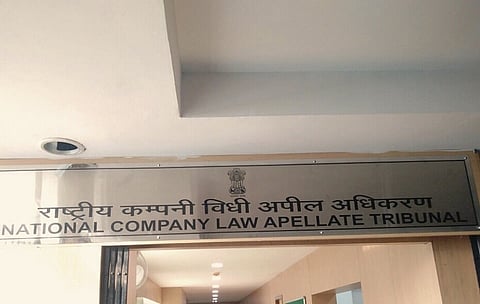
- News
- Columns
- Interviews
- Law Firms
- Apprentice Lawyer
- Legal Jobs
- हिंदी
- ಕನ್ನಡ

The NCLAT has ruled that resolution plans that had not been approved till the time IBC (Amendment) Ordinance, 2018 was introduced, will require the lowered voting of 66% as opposed to 75%.